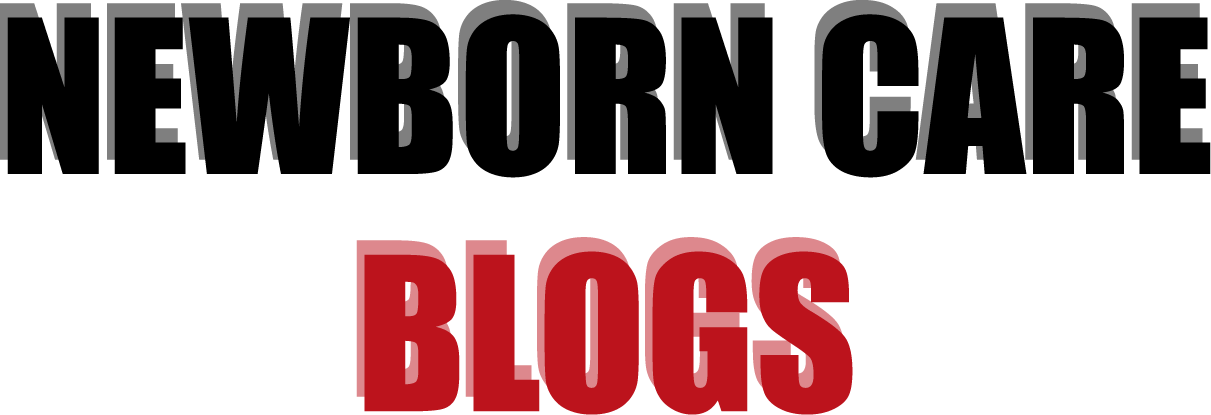Introduction
The journey of parenthood is a profound and transformative experience. Welcoming a newborn into your life brings immeasurable joy and responsibilities. Utilizing the possibility of infant study and learning is crucial for knowledgeable and assured parenting in today's digital era, where information is easily shared. We will discuss the importance of infant research and education in this blog article, focusing on how it enables parents to make wise choices and provide their children the best care possible.
1. Understanding Newborn Development: The Foundation of Informed Parenting
Newborn research illuminates the intricate process of infant development. A baby's brain start quickly growing at birth, building the groundwork for future behavioral and intellectual development. Parents may receive knowledge about the cognitive, physical in nature, and emotional milestone their infants should accomplish by keeping up with the most recent study results. With this information, parents may establish a caring atmosphere that is suited to their child's individual requirements and promotes healthy growth as well as development.
2. Evidence-Based Parenting: Making Informed Choices
The influx of information from various sources can be overwhelming for parents. Newborn research acts as a beacon of light, guiding parents towards evidence-based practices. Whether it's about breastfeeding techniques, sleep routines, or vaccination schedules, relying on scientifically proven research ensures that parents make choices aligned with the best interests of their child's health and well-being.
3. Digital Age: Accessible Education at Your Fingertips
In today's digital age, accessing newborn research and educational resources has never been easier. Online platforms offer a plethora of articles, videos, webinars, and expert forums dedicated to newborn care. Parents can delve into these resources to expand their knowledge about topics such as baby nutrition, sleep patterns, and developmental milestones. Engaging with reputable websites and parenting communities provides a supportive network, allowing parents to share experiences and gain valuable insights from others.
4. Building Parental Confidence: Knowledge as the Cornerstone
Parenting can be overwhelming, especially for first-time parents. Education derived from newborn research not only imparts knowledge but also builds parental confidence. Understanding the scientific rationale behind various parenting practices equips parents to make decisions with conviction. Confident parents are more adept at handling challenges and providing a stable, nurturing environment essential for a child's emotional and cognitive development.
5. Collaboration with Healthcare Providers: Informed Dialogues
Incorporating newborn research into discussions with healthcare providers fosters informed dialogues. With the application of based on research information, parents may hold fruitful discussions with physicians, nurses, and other medical experts. This cooperation between parents and medical providers is made fully effective by ensuring that parents actively engage in their child's medical choices.
Conclusion: Knowledge as the Key to Confident Parenthood
Newborn research and education are indispensable tools that empower parents to embark on their parenting journey with confidence and knowledge. Parents may discover a supportive network as well as new insights into the complexities of infant care by exploring the world of scientific research. Parents who are well-informed are better able to nurture and stimulate their babies, ensuring that they develop into robust, content, and well-rounded adults. Through embracing the amount of knowledge accessible, parents may traverse the difficulties of parenting with discernment, love, and educated choices, ultimately paving the way for their children to have bright and exciting futures.




.jpg)
0 Comments